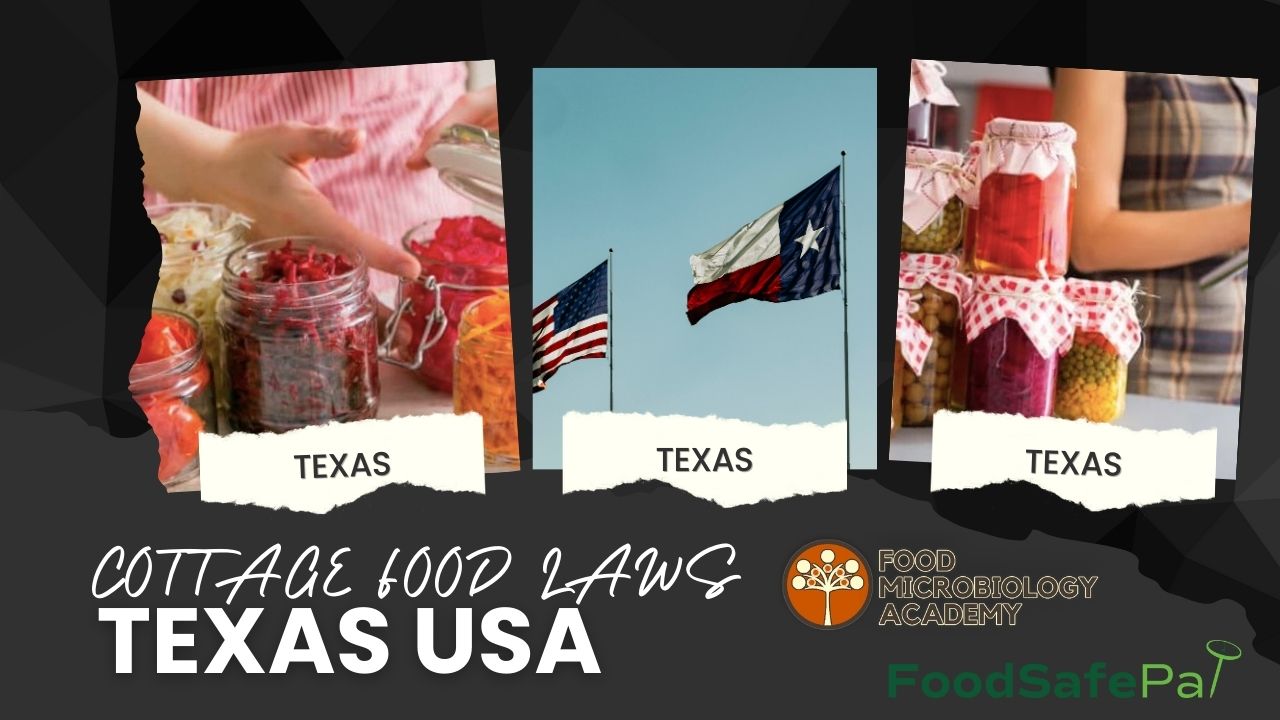Cottage food production, food manufacturing entrepreneurship, and support services in Utah, USA.
Introduction, information sources and context The information below was compiled using DeepSeek-V3 with the following prompt: Write me about 800 words on cottage food production, food manufacturing entrepreneurship and organisations or extension services available in the USA state of Utah. It is intended for general information only. For the most authoritative source on the cottage food law aspect, we strongly encourage you to access the Utah cottage food law blog article by Gavin Van De Walle of FoodSafePal. Above is a pdf of the blog article for download. FoodSafePal is our collaborative partner for food handler training in the United States. We strongly encourage you to complete your training with them. If you do so, please use our discount code ‘foodsafety1‘. This will give you a $5 USD discount off the training feee during the registration process. The cottage food industry has become an increasingly popular avenue for entrepreneurs in the United States, allowing individuals to produce and sell certain low-risk food products from their homes. In Utah, cottage food production is regulated under the Utah Cottage Food Law, which provides opportunities for small-scale food entrepreneurs to start businesses with minimal overhead costs. Alongside cottage food production, Utah also supports food manufacturing entrepreneurship through various organisations, extension services, and resources designed to help entrepreneurs navigate the complexities of starting and growing a food business. This article explores cottage food production in Utah, the broader food manufacturing entrepreneurship landscape, and the organizations and extension services available to support these ventures. Cottage food production in Utah Cottage food production refers to the preparation and sale of food products made in a home kitchen rather than a commercial facility. In Utah, the Cottage Food Law allows individuals to produce and sell certain non-potentially hazardous foods without requiring a commercial kitchen or a food establishment license. This law is designed to encourage small-scale entrepreneurship and provide a pathway for individuals to turn their culinary skills into a business. Key features of Utah’s cottage food law: Cottage food production is an excellent entry point for aspiring food entrepreneurs, as it requires minimal startup costs and allows individuals to test their products in the market before investing in a commercial facility. Food manufacturing entrepreneurship in Utah For entrepreneurs looking to scale beyond cottage food production, Utah offers a supportive environment for food manufacturing businesses. Food manufacturing involves producing food products on a larger scale, often requiring commercial kitchen facilities, compliance with federal and state regulations, and more sophisticated business planning. Steps to start a food manufacturing business in Utah: Utah’s food manufacturing sector benefits from the state’s strong entrepreneurial culture, access to agricultural resources, and a growing demand for locally produced and artisanal food products. Organisations and extension services supporting food entrepreneurs in Utah Utah is home to several organizations and extension services that provide resources, training, and support to cottage food producers and food manufacturing entrepreneurs. These entities play a crucial role in helping entrepreneurs navigate regulatory requirements, develop business skills, and access funding opportunities. 1. Utah Department of Agriculture and Food (UDAF) 2. Utah State University (USU) Extension 3. Women’s Business Center of Utah 4. Small Business Development Center (SBDC) Network 5. Local food networks and associations 6. Shared commercial kitchens 7. Funding and grant opportunities Challenges and Opportunities While Utah offers a supportive environment for food entrepreneurs, there are challenges to consider. Cottage food producers may face limitations in the types of products they can sell and the scale of their operations. Food manufacturing entrepreneurs must navigate complex regulations and invest in commercial facilities, which can be costly. However, the growing demand for locally produced, artisanal, and specialty food products presents significant opportunities for entrepreneurs who can differentiate their offerings and build strong brands. Conclusion Cottage food production and food manufacturing entrepreneurship are thriving in Utah, thanks to supportive regulations, a strong entrepreneurial culture, and access to resources and organisations that provide guidance and support. Whether starting with a small-scale cottage food operation or scaling up to a full-fledged food manufacturing business, entrepreneurs in Utah have access to the tools and networks needed to succeed. By leveraging the resources available through the UDAF, USU Extension, and other organisations, food entrepreneurs can turn their passion for food into a successful and sustainable business. RELATED BLOG ARTICLES Arizona Cottage Food Law: Food Safety Training Requirements Should Australia have cottage food laws? Training for food handlers in the United States





